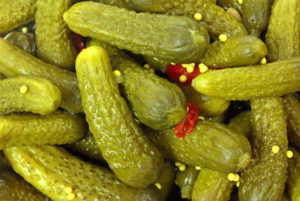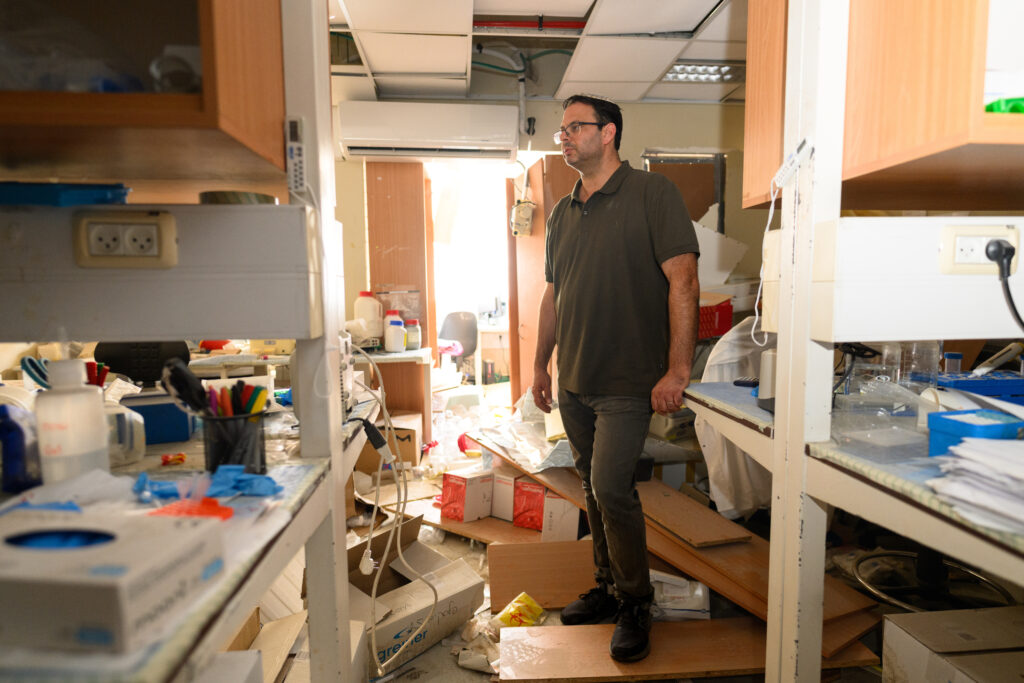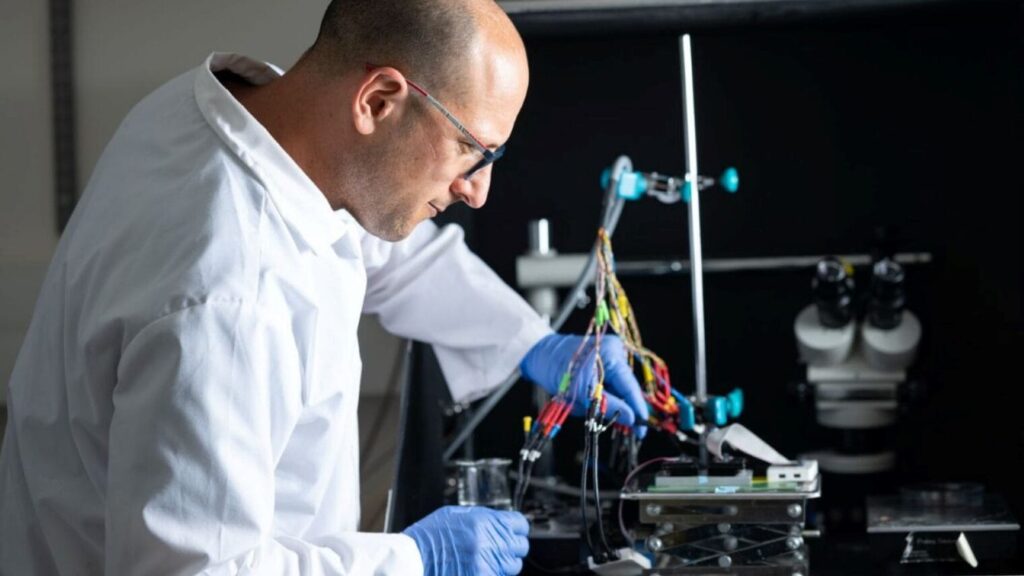
Cavity Fighting Dill Pickles
June 18, 2020
Medical Research, Robotics & High-Tech
The New York Jewish Week —Doctors will tell you that the pastrami sandwich from the Jewish deli isn’t good for your sodium count, but is the side order of a dill pickle good for your teeth?
“Maybe,” says Prof. Ariel Kushmaro of BGU’s Avram and Stella Goldstein-Goren Department of Biotechnology Engineering — but don’t invest your savings in pickle stocks.
Prof. Kushmaro was part of a research team joined by colleagues based at Sichuan University in China that investigated the cavity-preventing properties of some of the bacteria in pickled items.
Published in Frontiers in Microbiology, the report concluded that probiotics in pickled fruits and vegetables “reduced the incidence and severity of cavities quite significantly.”
Residents of China already knew that pickled goods, rich in vitamins, were good for the digestive system, says Prof. Kushmaro, who acted as a consultant on the research carried out in China. His fellow researchers decided to see if the probiotics, healthful live bacteria and yeast, would be effective against the oral bacteria that causes cavities.
The research team, led by Qun Sun of Sichuan University, tested 54 strains of bacteria isolated from pickled cabbage, which is popular in Sichuan. The research featured 14 types of Sichuan pickles — various vegetables or fruits that have been fermented by the pickling process with salt and brine — from southwest China.
After the researchers infected two groups of rats with a dose of cavity-causing bacteria designed to significantly speed tooth decay and monitored them for 35 days, the group that received probiotics from pickles had 20-30 percent fewer cavities.
The son of a father from Romania and a mother from Turkey, Prof. Kushmaro does pickling at home with his wife. He uses cucumbers, the Jewish pickled object of choice.
Would Prof. Kushmaro urge people to do their own pickling? “Yes,” he says. “But do it for culinary, not scientific reasons.”




